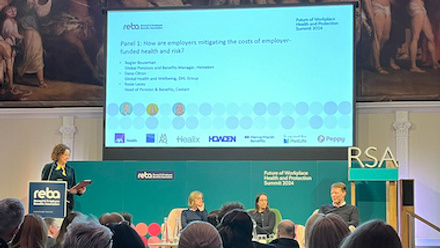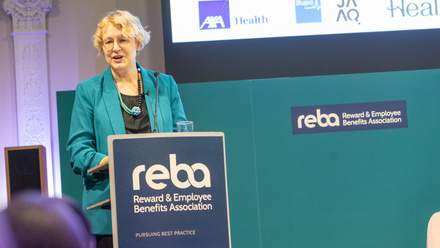Why multinational pooling should be an international company must-have

Consider the current landscape. A number of financial services firms are already exiting the UK pre-Brexit in a bid to ensure they heed the European Securities and Markets Authority (ESMA) warning that they are likely to need ‘critical functions’ in EU countries, not just so-called ‘letterbox entities’, in order to continue operating in certain territories post Brexit.
JP Morgan, for example, has already started moving analysts to its US office and bought a Dublin office for 1,000 employees. Meanwhile, Standard Chartered is shifting jobs to Frankfurt and Deutsche Bank is also tempted by Germany’s financial capital, suggesting that over 4,000 London-based jobs could be moved there, along with other locations in the EU.
Alongside this, a growing number of mid-sized companies are expanding into global markets with a view to ensuring business success. The EU Commission states that an estimated 90% of global growth will originate outside the EU in the coming years, plus developing and emerging markets are expected to account for 60% of world GDP by 2030.
Somewhat juxtaposed, however, is the competitive reality of the global economy, coupled with the competing pressures on HR: on the one hand, the war for talent and the associated necessity to tailor benefits to changing demographics and needs whilst, on the other, the ongoing requirement to find savings and realise efficiencies. Cost reduction has featured high on the agenda of multinational companies since the onset of the financial downturn in 2008.
In short, times are tough. Companies need a strong framework to support their growth trajectory and their employees at the same time.
It’s at that juncture that multinational pooling comes into its own. And it’s no longer the preserve of only the largest companies.
The lowdown
The eligibility rules vary from insurer to insurer but, in our experience, pooling is available to companies with a minimum annual risk premium spend of €20,000 (£17,500), with just one initial contract – such as group life or group income protection – and employees in at least two countries.
Subscribing to a pooling arrangement gives a single point of access to a network of insurer partners around the world, the benefit of which is not only access to local products and services, which might be more appropriate than UK based contracts, but also up-to-date country and regulatory information. This includes things like benchmarking data on what kind of benefits are available in other countries – including state benefit provision
They allow for competitive terms and conditions, pricing and flexibility, plus an annual overview of all the contracts in which the client company is present. This includes claims analysis and best practice insights, aimed at helping companies identify and reverse any negative trends – perhaps by introducing targeted wellbeing initiatives.
And, last but not least, pooling affords the potential of cashback.
Pooling arrangements can offer a full stop-loss system: in other words, any negative balance is absorbed by the insurer, while potential dividends will be paid to the client if the overall portfolio balance is positive.
If you read nothing else, read this
- Pooling is very low risk, but can bring valuable financial upsides for growing international companies of all sizes.
- It can help companies realise savings in the shape of dividend payouts when the experience of the pool is positive and, where it’s negative losses are absorbed by the pool in the case of multiemployer pooling.
- Pooling provides a company with a global overview of benefits – invaluable to help identify any potential issues, share best practice, build relevant wellbeing programmes, and simply to have all the information to hand for any corporate activity, such as mergers & acquisitions.
- It provides access to products, services and solutions that might not otherwise be possible without the help of the network.
- After set-up, administration on the part of the company is simple and, according to some clients, amounts to no more than around 10 – 15 hours a year.
To access a free webinar recording entitled ‘How mid-market companies can find savings and realise efficiencies through multinational pooling’, plus a step-by-step guide to building the business case for pooling, click here.
Damian Ross is regional manager – UK, Ireland & Nordics, Generali Employee Benefits Network
This article was provided by Generali.
In partnership with Generali Employee Benefits Network
Generali Employee Benefits' solutions are to protect and enhance the wellbeing of their workforce.







